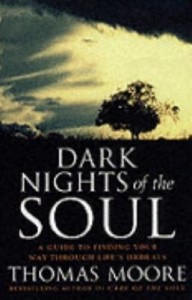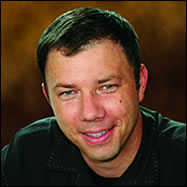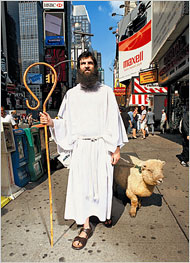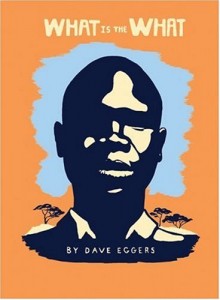On the quest to read 40 books in 2010, I’ve just knocked out #s three and four.
 I picked up Dark Nights of the Soul, because of the St. John of the Cross reference, and because of my life long wrestling match with depression.
I picked up Dark Nights of the Soul, because of the St. John of the Cross reference, and because of my life long wrestling match with depression.
It’s mainly pagan dribble by some New Age dude trying to work out his childhood catholic guilt. It had a few nuggets that jumped out:
1- Reframe “depression” as a Dark Night of the Soul: not a problem to be fixed, but a chance for spiritual growth. You are like a ship adrift at sea, just because you’re not moving forward, doesn’t mean your not moving.
2-Dangerous lust and sexual desire are often just undirected desire. When you’re overwhelmed with an unhealthy sexual desire, you should search for what it is that you really want.
Now The Life of St. Francis of Assisi is the kind of book that will change your life. As a protestant, it’s hard to know what to do with stories of the medieval Saints. But we have to remember we are a 2,000 year old family, with an immense amount of wisdom to learn from. Francis, like Paul before him, is one who could honestly say, “follow me as I follow Christ.”
Of the many beautiful things about this man, let me highlight a few:
1- He had a deep love for poverty. He called it “his lady,” and strove to be faithful to it as a man would his wife. He owned nothing more than his robe and belt. When he begged for alms he would then give them away to someone “worse off.”
2- He was known for his gentleness, to the point that even animals noticed. My favorite story was of how he agonized through prayer and fasting over whether to dedicate his life to prayer or preaching. When wise counsel urged him to preach, he ran as fast as he could to find an audience. The first he found was a flock of birds that he exhorted to remember their gifts from God.
3- He pain was a blessing. His passion for the lost led him to believe he must become a martyr. He went to the middle east to preach to a powerful sultan. The Muslim king was impressed, but would not convert. Francis was not given the chance to die like Christ, yet “instead” was given the stigmata, a painful sign of Christ, that would give him pain for the rest of his life. This painful miracle gave many people faith in Christ.
It’s hard to explain the effect Francis has had on me. It makes me want to be more like Jesus than ever, and gives me an idea of what that might look like.












 Tweets
Tweets